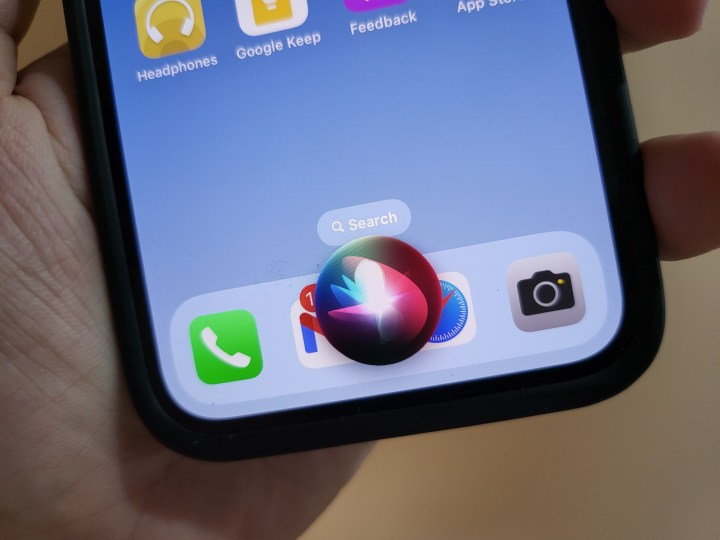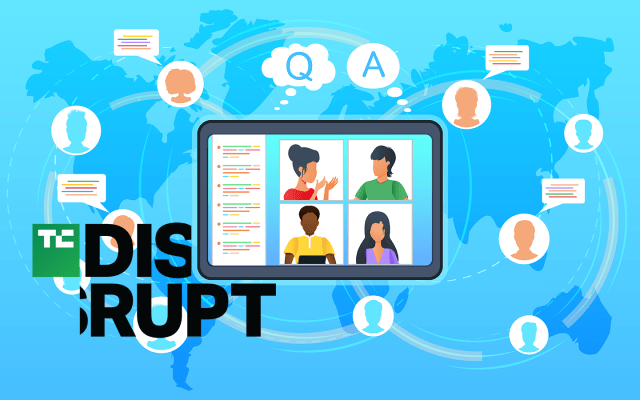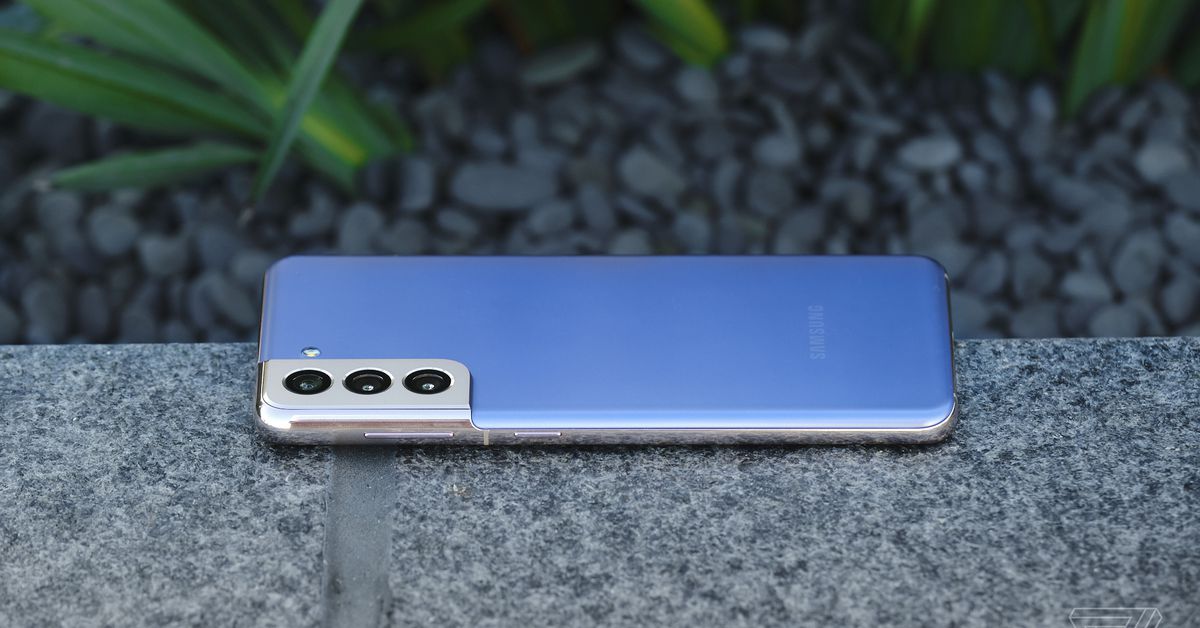The one thing the next version of macOS needs to address
WWDC 2023 is on its way, and macOS 14 will likely get announced. But AI is the elephant in the room.

Every year we get a new version of macOS, and that usually comes with an assortment of tweaks and features. But with the massive uptick in interest in generative AI, 2023 isn’t like any other year in the world of tech.
Apple hasn’t commented on or announced anything in response to tools like ChatGPT or Midjourney, making it one of the few big tech companies that haven’t dipped their toe in yet. But WWDC 2023 is just around the corner, and rather than focus on all the iterative features Apple likely has in the works, generative AI will feel like the elephant in the room if it isn’t addressed in macOS 14.

A work in progress
ChatGPT has only been around for around six months, and it’s only really taken off in interest by around January. That hasn’t exactly given Apple much time to develop some core competencies around AI and create new products based on it. But if it comes to WWDC empty-handed, it’s going to look very outdated.
Think about Siri, for example. It’s a voice assistant that’s been around for years, but it’s been a long time since it has impressed anyone. It’s also been a long time since Siri has been given a significant update. There was a significant update to accuracy and precision back in 2016, and in 2022, Siri got integrated into Shortcuts (even for macOS), which was neat.

But compare the old-school, manual nature of Siri Shortcuts with the fully automated power of something like Auto-GPT, and you’ll see my point. AI has developed at a rapid speed in the past few months, and Apple’s technologies feel seriously outdated.
This is especially noteworthy because of how deeply Microsoft has invested in OpenAI’s new tools. Not only does it have Bing Chat and Bing Image Creator, but it also plans to bring ChatGPT to PowerShell to further integrate AI into Windows. I wouldn’t be surprised if Microsoft has even bigger plans with Windows 12 to reorient its entire operating system around AI.
Either way, there’s no way that Apple can continue to sit on its hands with its most important operating systems. Given the timing, though, don’t expect Apple to embrace AI full-on — but that doesn’t mean there’s nothing it can do to take serious steps forward.
Let’s be realistic
Don’t expect Apple to come to WWDC with a ChatGPT clone. Not at all. First of all, Apple isn’t the brand to copy what the rest of the industry wholesale. Not to mention — Apple doesn’t exactly have its own search competitor like Microsoft does. But there are a few obvious places where we could see Apple improve its current AI offerings and integrate them into new places.
Siri is the most obvious example, and I would sincerely hope that Apple has a thorough update in the works on that front. But Safari is another shoo-in option for some AI integration. Edge, obviously, has already embraced AI with open arms, but so has just about every other browser, including Firefox, Opera, and Brave. It’s only a matter of time for Chrome.

Another obvious option for Apple to do some generative AI is in its first-party applications. We’re seeing AI being used in creative applications ranging from music production to word processing — and guess what? Apple has popular versions of all those applications. So, maybe we’ll see some AI introduced in Mail, Pages, or even Final Cut Pro. Microsoft will soon have a version of PowerPoint that can auto-generate entire slideshows just with text, after all. There are endless options at Apple’s fingertips, but it’ll be interesting to see which applications it chooses to invest in.
Coming empty-handed won’t be a good look
As much as I’m saying Apple has all the reason in the world to demonstrate that it’s serious about AI, I wouldn’t be surprised if it was ignored altogether. What an Apple thing to do, right? The company manages to avoid many of the most embarrassing and fleeting tech trends, and it doesn’t mind being late to the party. It’s more likely that Apple will take its time with AI and do it in its own unique way.
At the same time, this breed of generative AI isn’t a standard tech trend. It won’t be gone in six months or a year, and it certainly isn’t transient. I don’t buy into all the hype around this technology, but I do know that it’s going to force us to rethink many of the older tech products we use and start wondering why they aren’t more intuitive.
Let’s put it this way: if today’s Siri hasn’t changed a year from now, Apple’s going to be in trouble.

 MikeTyes
MikeTyes 
































